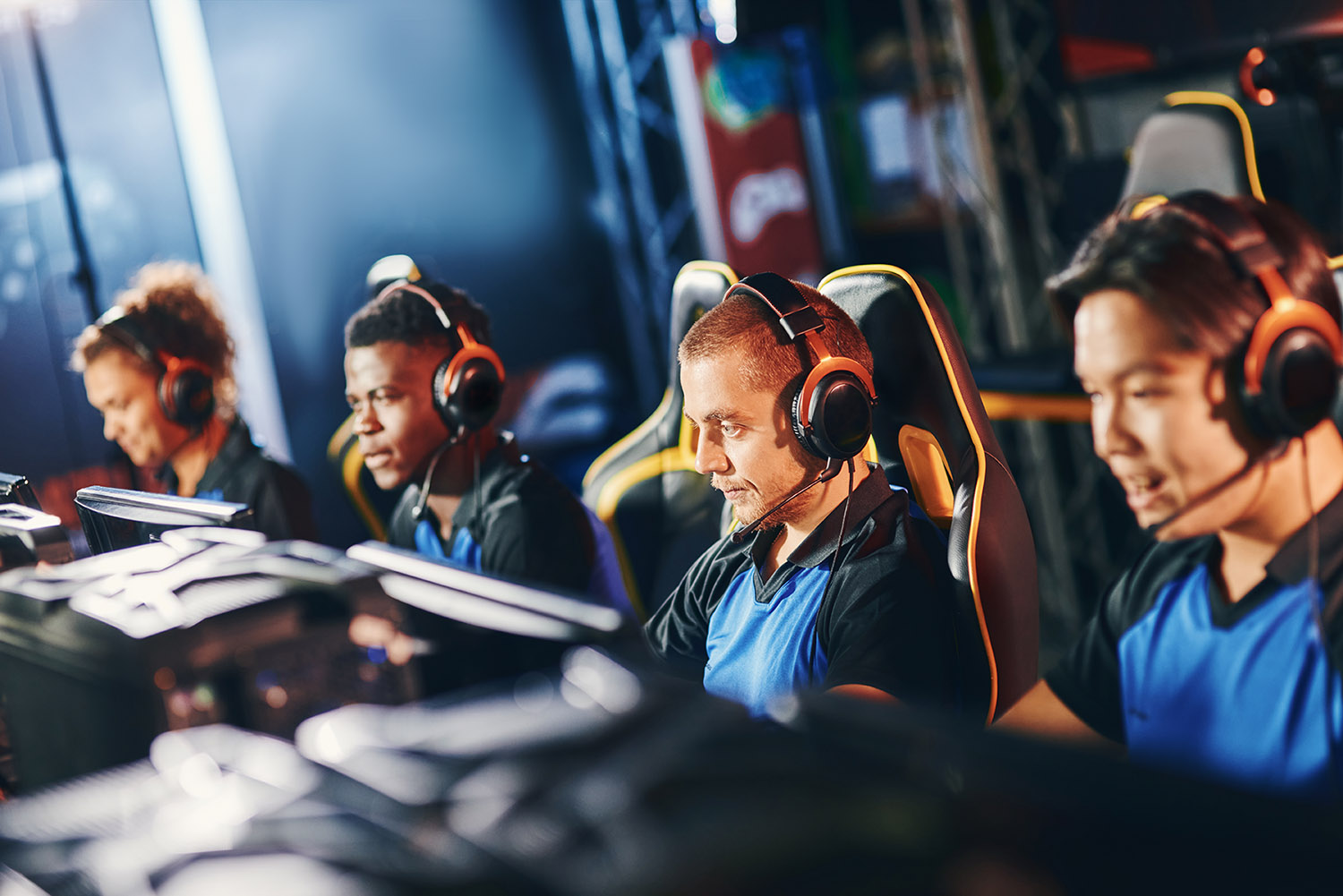
Multiplayer Online Games And Intellectual Property
These days, online entertainment in the form of multi-player gaming is hugely popular.
While the concept now seems a little “older” (multi-player online games have been in existence for at least the past ten years) now, this form of gaming has withstood a test of time and continues to develop intellectual property.
How can this be?
Let’s use an example – in this case, League of Legends by Riot Games.
How does the game work?
A player installs a game console (client) onto a computer, which then gives the player access to a portal (gaming arena).
Within this portal players can choose from a large library of playable combatant characters (called “champions”)with varying appearances, abilities, and attributes.
New champions, usually at a rate between one and three per year, are constantly developed by Riot Games and added to the roster.
Overall, all of the combatant characters share a similar pool of attributes in respect of strength, armour, movement speed, ability power, magic resistance, and the like.
Once a combatant character (champion) is selected in a particular game mode, players enter an arena in two teams of five.
The players are assigned objectives in order to win (usually destroying an opponent’s Nexus), knowing that there will be much combat, death, revival, and upgrading involved between teams.
As champions upgrade, their abilities improve usually in the form of doing more damage, being more resistant to damage, healing faster, gaining health, or a combination of these and even other attributes.
Champions can do a range of damage to each other, can miss, can get stuck, can improve in attributes based on their kill numbers, can level up, can heal, die, and be revived.
Older people reading this article will realize that in a sense, this is a graphic-based version of Dungeon and Dragons where a computer is rolling dice and determining outcomes at high speed, accounting for human players proceeding on a turn-taking basis.
So where would the intellectual property be in a game like this – especially if this is “nothing more than” electronic Dungeons and Dragons?
In no particular order, we can identify a number of bases of intellectual property, for example:
i) copyright in each champion and other characters (minions, monsters, etc.) in terms of their looks and appearance;
ii) trademark rights in each champion (and other characters) in terms of that Riot Games has held tournaments, sold character paraphernalia, and develops each champion with a plethora of tell-tale attributes;
iii) trade-secrets in how gaming algorithms are compiled to account for multiple attribute champions entering combat to quickly determine outcomes based on turn-taking events;
iv) trademark rights in shows and performances for world tournaments that include sponsorships;
v) trademark rights created in specific online events that feature purchasable products (like champion skins) – so this might be special online gaming events like Riot’s Bilgewater series in All Random All Middle (ARAM) mode;
vi) possible patentable rights in specific algorithms (ie methods) that solve particular problems such as how to smoothly host and stream a multiplayer game online without interruption or detect interruptions without interrupting the game itself, gaming client improvements, and so on…
The reality is that people on the outside (ie those playing the games) largely appreciate only the cosmetics, effects, and style of the game they are playing.
Very little thought (on their part) is given to how much intellectual property is actually generated within the game, but the importance of that intellectual property is clear when you see online games like League of Legends produce a loyal online and even paying following for more than a decade.
This is a particularly impressive feat if you account for how fast technology has changed over the last ten years (in terms of both software and hardware), and yet Riot Games online products have managed to stay relevant, available, and pervasive in the gaming market.
This goes to show that intellectual property can actually be fun and games.
Visit our Services page to learn more about Pnc IP Group’s Patent services. If you have questions regarding the above, feel free to contact us.
Any patents, trademarks, or technologies referenced in this article are owned by their respective owners. Questions regarding this article can be directed to Tapas Pain. Pnc IP Group are licensed lawyers and registered patent and trademark agents with a history of serving the greater York Region, greater Toronto area since 2003. Pnc IP Group is
located in Vaughan, Ontario, and offers in-person visits by appointment.
Call us and book your appointment today, or speak with us by telephone anytime. Your calls are always welcome, and never hesitate to ask us your questions. These articles and opinions do not express or constitute legal advice.



